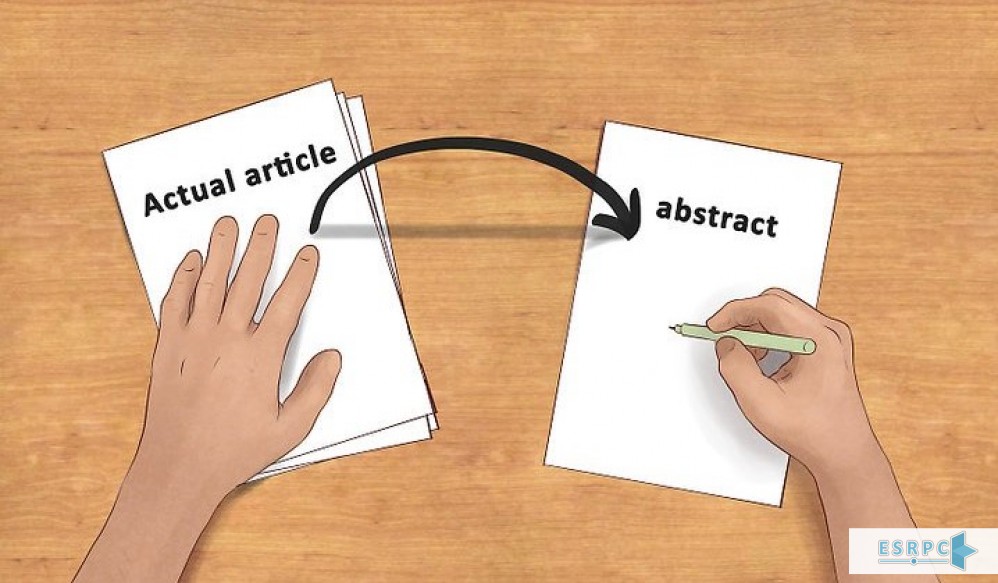The content of the abstract is condensed but explanatory of the whole article. The reader will be able to comprehend what issues have been addressed in the paper. To express informally, this is the abstract that persuades the reader to continue to read the article or ignore it. Most of the researchers regard the abstract as an unimportant part of the article and write it without paying attention to the details. But, it should be noted that the abstract is the most important part of the paper, and in most of the databases like PubMed, and in some cases in Google Scholar, only the abstracts are presented. Therefore, the following rules should be observed in writing abstracts:
- The abstracts appear in the first part of the paper, but they are composed after writing all the parts.
- Instead of using quotations from other researchers, your own interpretations should be included in the abstract part.
- The abstracts should be self-contained, that is, they should be complete and comprehensive by themselves.
- There is no need to provide a reference list in the abstract part.
- The abbreviations and specialized words should be explained in the abstracts.
The original format of the abstract:
- The statement of the problem (in a sentence or two): The statement of the problem gives the evidence of existing of a problem based on other researchers’ points of view or the results of other studies.
- The aim of the study (in a sentence): By defining the aim of the study, the question of why the attention was paid to the current problem, will be answered.
- The materials, methods, and procedures: In this part, the information about the participants, samples, tools, and materials are provided.
- The results and outcomes: in this part, the results of the study are represented including the things which are found, learned, or made.
- The conclusion and implications of the study: At the end, regarding the aforementioned problem, the most important findings which contribute to better understanding of the issue and the further advancement in the field of the study, are stated.
Different kinds of abstracts:
Considering different structures of the abstracts, they can be categorized into three main types as follows:
- Informative abstracts: This kind is the representation of all the major discussions and findings related to the issue. As much as possible, the quality and quantity of the existing information are expressed in statements. It is obvious that the informative abstracts are longer than other kinds of abstracts. The length of the abstract should be matching to the content of the paper; therefore, it is not possible to determine the exact number of words included in the abstracts. This kind is the most complete, yet the most difficult and costly to be prepared.
- Indicative abstracts: This kind does not include all the most important discussions and findings of the studies, but provides the major contents of the studies. Here, the exact and comprehensive report of the studies is not represented. They are most commonly used because they are easier, faster, and cheaper to prepare. When the concept of the abstract is generally recalled, this kind of abstracts is meant. The sentences in this type are in descriptive form.
- Indicative- informative abstracts: This kind is more suitable than both informative and indicative abstracts. Some parts are written like the way used in informative abstracts, and some parts are written like the way written in indicative ones. In this trend, the highest amount of information can be conveyed in the least number of words.
ESRPC, a master in the field of publication, welcomes the high-quality articles all over the world.
